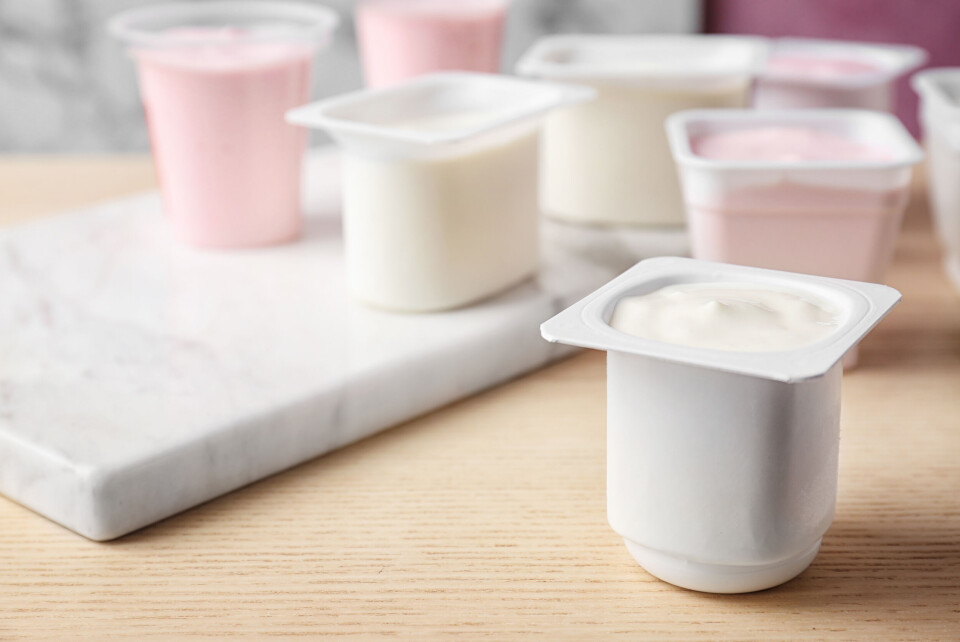-
La Voie Bleue: European Cycle Route of the Year is in France
700km bike path linking Luxembourg and Lyon has been crowned winner of the 2026 title
-
Before and after: Garonne river floods in south-west France
Satellite images show extent of flooding from back-to-back storms in February
-
Home insurance increases expected in France after floods
Compensation costs for the recent storms and flooding across the west and south-west is estimated to be in the billions of euros
Supermarket yoghurts recalled in France over E. coli risk
The Malo brand affected includes the flavours plain, sweetened, grenadine and raspberry

Several flavours of Malo yoghurts have been recalled in France due to a risk of Escherichia coli, more commonly known as E. coli.
It includes the flavours plain (nature), sweetened (sucré), grenadine (grenadine) and raspberry (framboise). You can find out more about the recall of each flavour on the dedicated official French website Rappel Conso by clicking the hyperlinks.
All of the yoghurts were put on sale between June 8 and 10 with expiry dates from between July 11 to July 22, 2022, depending on flavour.
Yaourt nature MALO pot carton
— RappelConso (@RappelConso) June 14, 2022
GTIN 3278692111145 Lot DLC 11/07/2022 Date limite de consommation 11/07/2022
Motif du rappel : Suspicion contamination germe entérobactérie
Ne plus consommer, Détruire le produit.https://t.co/DqCknX8Ud5 pic.twitter.com/BARdpl7JCj
The yoghurts are distributed throughout France and are manufactured in Saint-Malo (Ille-et-Vilaine).
People who have bought them are advised not to eat them and to return to the shop where they bought them to claim their money back. For those without a receipt, the shop may give reimbursements if the yoghurt packaging (empty or unopened) is returned.
E. coli can cause stomach pains and diarrhoea (possibly accompanied by blood) within three days of consumption, with or without fever. If you have any symptoms, you should consult your doctor.
Related articles
Moët & Chandon recalled in France over potential ecstasy contamination
























